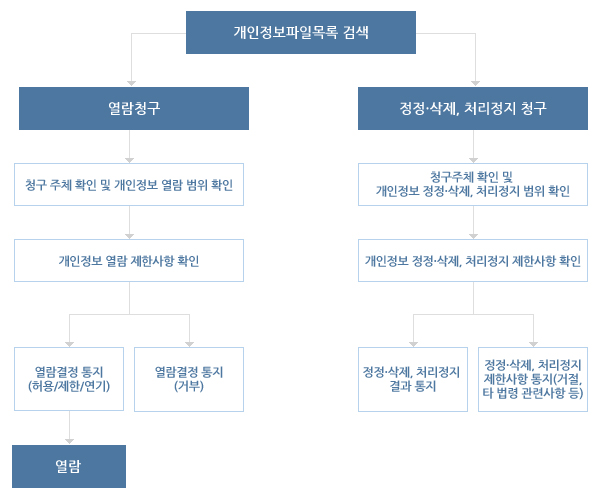What’s New
Discussion on preventing intimate-partner homicides: ‘There’s a need to penalize coercive control’
- Aug 09, 2024
- 159
Discussion on preventing intimate-partner homicides:
‘There’s a need to penalize coercive control’
- Discussion held July 10 on Legislative Improvements to Prevent Rejection Homicides hosted by National
Assembly member So Byung-hoon and others
- Reports of dating violence have doubled in the past six years, but arrest rates decreased
- Currently, dating violence is treated as a general assault and intimidation crime under the Criminal Act
with no specific legislation
- Dating violence is not prosecuted over any victim’s express objection, leaving room for investigative barriers;
only physical injuries prompt public intervention
- Amendment to the Act on Special Cases Concerning the Punishment of Crimes of Domestic Violence is required
to criminalize coercive control beyond physical violence
- Recommendations made include clearly defining ‘intimate relationships’ and excluding the crime from the list
of crimes not prosecuted over a victim’s express objection
- Assembly member So underlined the need to discuss how public authorities can more effectively intervene
A recommendation has been made to criminalize not only physical acts but also coercive control to prevent violence and homicide in intimate relationships and protect victims.
On July 10, a discussion addressing ‘Legislative Improvements to Prevent Rejection Homicide and End Violence in Intimate Relationships’ was held at the National Assembly. Assembly members hosting the meeting were: So Byung-hoon, Kim Sun-min, Kim Han-kyu, Nam In-soon, Park Kyoon-taek, Baek Seung-a, Seo Young-kyo, Jang Chul-min, Jeon Jin-sook, and Chung Choon-saeng. The National Assembly Research Service also participated.
Huh Min-sook, a legislative researcher at the National Assembly Research Service, suggested that revising the Act on Special Cases Concerning the Punishment of Crimes of Domestic Violence could be a way to impose punishment on coercive control and other forms of violence that occur in intimate relationships, including dating, and to protect victims.
The number of incidents of violence and homicide in intimate relationships has surged recently in the country. According to data compiled by the Korean National Police Agency (KNPA), reports of dating violence more than doubled between 2017 (36,267 incidents) and 2023 (77,150 incidents). In contrast, the arrest rate decreased from 3.5 percent to 2.2 percent over the same period.
Presently, no specific legislation exists governing dating violence. There are related laws such as the Act on Special Cases Concerning the Punishment of Sexual Crimes, the Act on Special Cases Concerning the Punishment of Crimes of Domestic Violence, and the Act on Prevention of Stalking and Protection of Victims, but dating violence remains in a legal blind spot. As assault and intimidation under the Criminal Act are subject to crimes that are not prosecuted and not punished over a victim’s express objection, the decision to prosecute the perpetrator is left to the victim, hindering the initial stages of case processing.
Another significant issue is the lack of a legal basis for active intervention by investigative agencies in dating violence cases. According to the KNPA’s criminal investigation regulations, mostly physical injuries are categorized as a type of crime requiring public intervention, which means that public intervention is possible only if the victim suffers physical harm.
Researcher Huh pointed out, “If we only understand violence in intimate relationships as visible ‘physical violence,’ we will only be able to protect a minority of violence victims.” She emphasized the need to amend the Act on Special Cases Concerning the Punishment of Domestic Violence to regulate dating violence, rather than introducing a new law. “It is necessary to amend the Act on punishment of domestic violence to include penalties for ‘coercive control’ and other forms of violence,” she underlined.
When amending the law, she suggested: ▲ providing a clear legal definition of ‘intimate relationships,’ ▲ excluding the application of ‘crimes not prosecuted and not punished over an express objection of the victim,’ ▲ applying ‘conditional non-prosecution with counseling’ only under specific conditions or excluding it entirely for intimate relationships; and ▲ revising the purpose and name of the law to encompass ‘spouses, partners, and dating relationships.’
Choi Sun-hye, secretary general of the Korea Women's Hot-line, expressed concern that the lack of understanding of violence against women in Korea could perpetuate a ‘legislative gap’ problem. She pointed to the “urgent need to expand support, to minimize blind spots in supporting victims of violence against women, and to revise relevant regulations to strengthen protection for crime victims.”
Assembly member So Byung-hoon, who hosted the discussion, stated, “It is time for the political arena to step in to control violence in intimate relationships. I hope this discussion will lead to active dialogue on ways for public authorities to intervene more effectively.”
<End>


